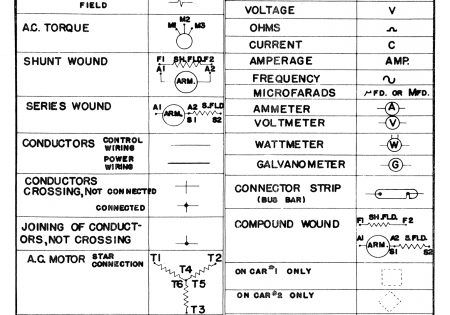Showing up for Washington
Aug 1, 2025
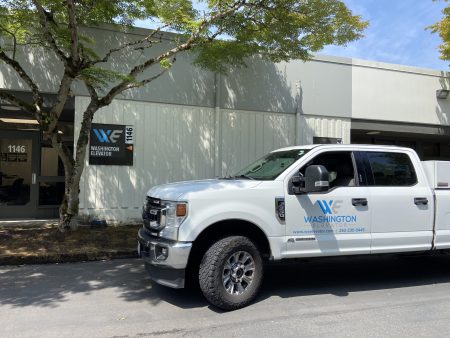
A conversation with Tacoma-based Washington Elevator GM and co-owner Sarah Waterman
by Kaija Wilkinson
When she was a 20-year-old living in Princeton, New Jersey, Sarah Waterman convinced her parents to let her move to Washington State. She wanted to earn a degree and launch her career in the great Northwest, and her parents helped facilitate that, with Waterman graduating from the University of Washington in Seattle with a B.A., then getting jobs in commercial real estate and facilities management. In 2003, Waterman transitioned to the elevator industry, working as a general manager and facilities manager, both in Seattle, for ELTEC Systems, LLC, one of Seattle’s largest independent elevator companies. She then went on to spend nearly 10 years with TK Elevator, holding roles in sales and branch management. She enjoyed the elevator industry, but felt there was a better, more customer-centric way to do business. So, in 2022, she joined Jason Schaplow — previously an ELTEC mechanic — as co-owner of Tacomabased Washington Elevator, where she remains “committed to being responsive and striving to be better than the industry norm.” Waterman (SW) took the time to speak with your author (KW) via email about Washington Elevator’s evolution, commitment and how it gives back to both the industry and community.
“Modernization and code compliance are currently the leading drivers for us.” — Sarah Waterman
KW: When, why and how did Jason Schaplow found Washington Elevator?
SW: Jason Schaplow founded Washington Elevator in 2020 with a clear vision: to create a locally owned, service-focused elevator company rooted in hands-on industry experience and a values-driven culture. His mission was to build a people-first business — one that prioritizes accountability, collaboration and long-term relationships by putting people at the center of every decision. Known for his practical mindset and passion for problem-solving, Jason drew on his many years of technical field experience to recognize a gap in the industry: Too often, elevator companies prioritized profit margins over customer needs. He saw an opportunity to challenge that mindset and reimagine elevator service as more responsive, more personal and more deeply connected to the communities it serves.
When I joined as co-owner, I brought decades of leadership experience, a holistic approach and a heart-felt commitment to team culture. Together, Jason and I have strengthened the company’s growth, deepened customer relationships and led the Washington Elevator team with integrity and purpose.
Funding came through a combination of personal investment, strategic financial planning and a significant amount of sweat equity — built from the ground up with dedication and determination.
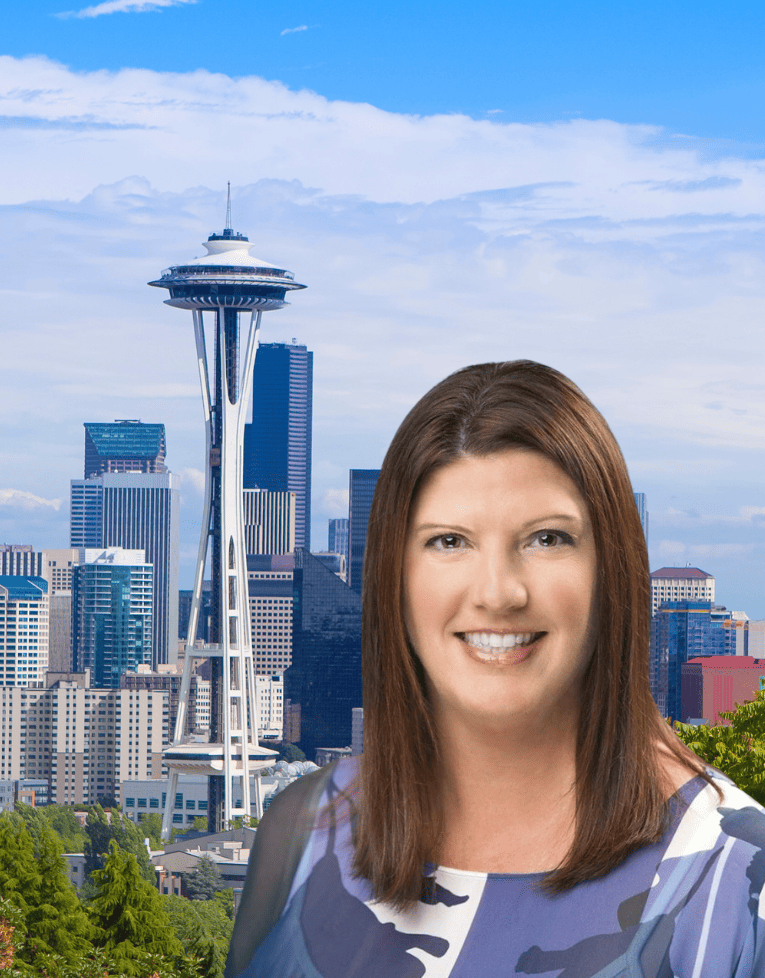
KW: Tell me about the company’s physical location and team. Are you hiring? If so, for which positions?
SW: Washington Elevator is headquartered in the Puget Sound region of Seattle, Washington — putting us right in the heart of our service territory and close to the customers we support throughout western Washington. Our team includes licensed International Union of Elevator Constructors (Local 19) elevator mechanics, field supervisors and a top-notch office crew. We like to have a little fun with our titles: Our sales team includes roles like Chief Problem Solver and Customer Advocacy Champion, because our focus is on providing real solutions, not just selling services. That same mindset extends to the field. We hire mechanics who share our dedication to quality, teamwork and problem-solving. They’re not just skilled technicians; they’re trusted extensions of our brand, committed to clear communication, customer satisfaction and doing the job right the first time, whether it’s service, repair or modernization. And yes, we’re always hiring! We’re currently looking for licensed elevator mechanics as we continue to expand our footprint.
KW: What is the main business driver for Washington Elevator right now?
SW: Modernization and code compliance are currently the leading drivers for us. Many buildings in our region are running on outdated equipment or relying on components that are no longer readily supported by manufacturers. While we don’t serve as formal consultants, we absolutely take a consultative approach — working closely with customers to help them understand what creative solutions are available, what upgrades are necessary, what regulations or changes are on the horizon and how to make informative, cost-effective decisions for their properties.
On the compliance front, the recent launch of Washington State’s new online inspection portal has introduced some confusion for building owners and managers. It’s added a layer of complexity to an already confusing industry. We’ve stepped up to be a resource, helping our customers navigate the system, stay compliant and avoid unnecessary stress or penalties. To further support this effort, we regularly publish educational content on our news blog, waelevator.com/blog, breaking down industry updates in a way that’s accessible and helpful.
That said, maintenance will always remain at the heart of our business. It’s where long-term relationships are built and confidence is earned. We’re proud to provide dependable, proactive monthly service that keeps systems running smoothly and catches potential issues before they become costly problems.
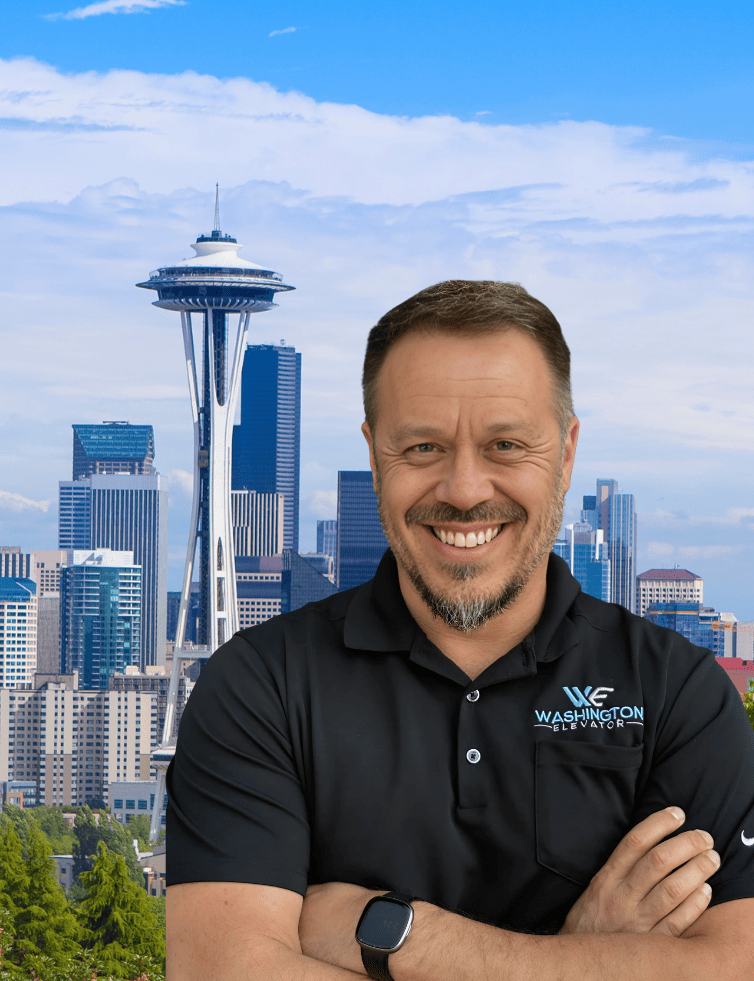
KW: Who are your main customers?
SW: Our core customers include commercial property owners and managers, condominium associations, apartment complexes, private and public schools and secure government or high-security buildings. Our customers count on us because we take the time to understand what they truly need. We bring a hands-on, thoughtful approach, and we stay flexible, dependable and easy to work with. One of the key reasons our customers choose Washington Elevator is our intentional focus on low- and mid-rise buildings. By specializing in this segment, we’re able to offer highly tailored service, faster response times and expert solutions that provide real value. That specialization — combined with a team that’s friendly, resourceful and genuinely informative — is what sets us apart. A great example is Seattle University, a respected private Jesuit institution where we maintain 49 elevator units across campus. They’re a demanding customer in the best way; they know what they need and expect it done right. Their professionalism and high standards push us to bring our best every day, and we’re proud to support such a vibrant, mission-driven academic community.
KW: What does being locally owned mean for the company?
SW: Independence gives us the flexibility to be nimble, reactive and genuinely customer-focused with each decision. Being locally owned isn’t just part of our story; it shapes how we show up every day and deliver value. Our crew brings well over 100 years of combined hands-on experience, and we apply that knowledge with professionalism, care and a genuine focus on safety. We move quickly, communicate clearly and always stand behind our work. As active members of the National Association of Elevator Contractors (NAEC), we stay deeply engaged with the broader industry. I serve on the committee of Women in Motion, the NAEC initiative supporting women in the vertical-transportation (VT) field. This reflects our broader commitment to equity, education and the future of the industry.
We also partner with organizations that reflect our values, including the Seattle Seahawks Small Business Partnership, the Washington State Chapter of the Community Associations Institute (WSCAI) and Ronald McDonald House Charities of Western Washington. These partnerships strengthen our connection to the community and allow us to give back in meaningful ways.
KW: What distinguishes the Washington State VT industry?
SW: Washington State enforces one of the most rigorous regulatory frameworks for VT in the U.S. The revised Code of Washington (RCW) Chapter 70.87 establishes foundational elevator laws, and the Washington Administrative Code (WAC) Chapter 296-96, developed by the Department of Labor & Industries (L&I), spells out detailed rules and technical requirements. Oversight is jointly managed by L&I and local jurisdictions, resulting in a highly structured system designed to ensure strict safety, compliance and technical excellence.
What also sets Washington apart is the diversity of infrastructure we work with every day. On one end, you have new high-tech developments in places like Seattle and Bellevue. On the other, there’s a substantial inventory of mid-century low- to mid-rise buildings, typically three to 10 stories, that were originally built with elevators and are still in service today. Many of these systems haven’t undergone full modernization since installation, and it’s not uncommon to encounter elevators that are 40 to 70 years old. We see all of this — the rigorous codes, aging infrastructure and urban growth — as a strength. It challenges us to stay sharp, hire the best people, adapt quickly and bring our best to every project. And, in the end, our state code enforcements contribute to safer, more reliable and more efficient systems for the communities we serve.
KW: Where, geographically, does the company do the most business? Has that evolved over the years?
SW: Our work is primarily concentrated in the greater Seattle metro and Puget Sound region, stretching along the Interstate 5 corridor from Bellingham in the north to Olympia in the south. Over the years, we’ve grown our presence thoughtfully and intentionally across western Washington, expanding not only our geographic reach but also the range of services we offer. Today, that includes everything from standard maintenance and code compliance to repairs, upgrades, full turnkey modernizations and even industry education through our blog. This growth has been both exciting and meaningful for our entire team. While our expansion has been steady, it’s never been rushed. It is a direct reflection of our commitment to personalized, locally rooted service. As we grow, we’re intentional about adding team members who share our values and want to help build our reputation.
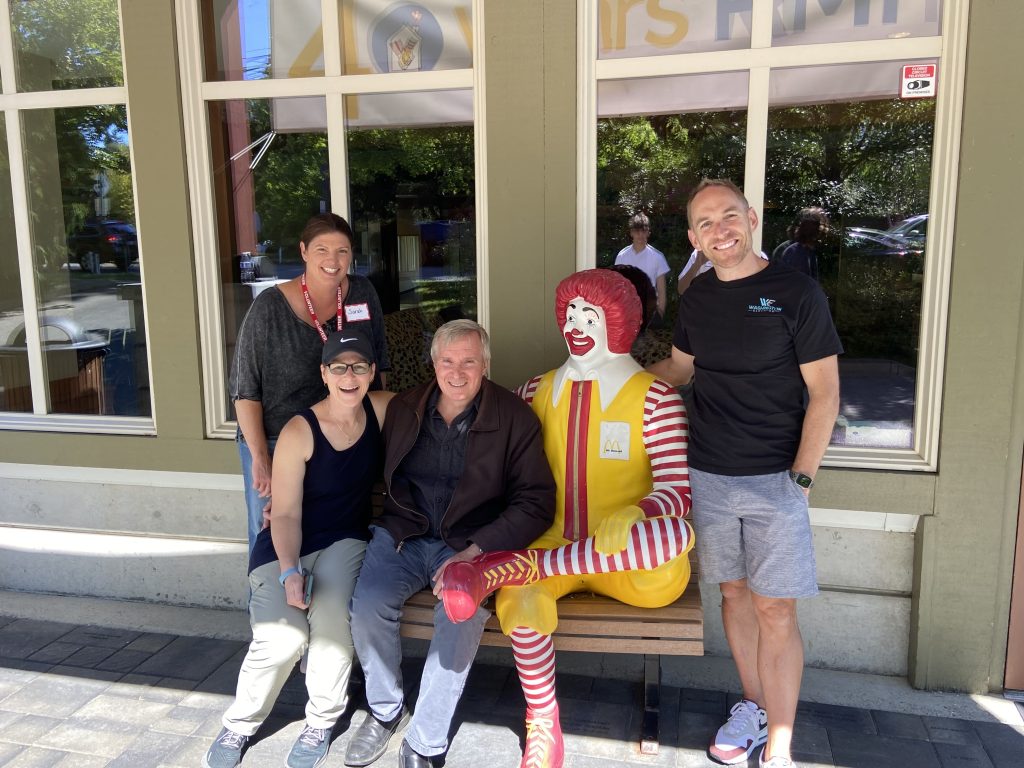
ongoing partnership with Ronald McDonald House of Western Washington.
KW: What have you found is the best way to generate and keep business?
SW: Without a doubt, word of mouth and referrals have been the most powerful drivers of our growth. When you consistently deliver great results, communicate clearly and show up when it matters, people notice, and they share that experience with others. That kind of trust-based marketing is invaluable and has helped us build and maintain many of our strongest customer relationships. We’ve also worked hard to earn the respect of elevator consultants by being consistent, transparent and highly responsive. In an industry where quality and technical credibility carry significant weight, gaining their confidence has played a key role in our success. At the same time, we stay visible through industry events, association engagement and a strong digital presence to remain top of mind in a competitive market. It’s that combination of reputation, visibility and follow-through that helps us grow — and retain — great partnerships. Equally important is our community involvement.
KW: What are the main challenges of doing business in the elevator world today, and how is Washington Elevator addressing them?
SW: Supply-chain disruptions and potential tariffs — especially for critical components — remain persistent challenges in our industry. Unpredictable lead times can impact scheduling and put added pressure on project deadlines and budgets. Beyond availability, pricing volatility driven by inflation and fluctuating material costs makes estimating and planning more complex. To stay ahead, we take a proactive and transparent approach. We:
♦ Maintain close relationships with trusted suppliers and vendors for better visibility and flexibility.
♦ Communicate early and often with customers about potential delays and pricing changes.
♦ Provide transparent, adaptable planning to help customers set realistic expectations.
♦ Don’t begin large projects without confirmed delivery and possession of key equipment.
♦ When needed, develop and present “recovery” plans to help minimize downtime and disruption.
On the regulatory side, we stay current through ongoing education and training. Our team also maintains strong relationships with inspectors and state officials, which helps us stay ahead of code changes and support our customers in staying compliant, without unnecessary stress.
KW: What is your business outlook over the next five to 10 years?
SW: We’re very optimistic about what’s ahead. At Washington Elevator, our north star is to become the most trusted independent elevator company in the state by building a team that takes pride in helping others, solving problems and showing up with real care. Over the next three years, we’re planning meaningful expansion across Washington, thoughtfully growing beyond the greater Puget Sound region while staying true to the personalized, community-rooted service that defines us. We’re investing in our people, strengthening industry partnerships and holding tight to the values that have guided us from day one. We’re not afraid to set high expectations — for ourselves, for the industry and for the positive impact we want to have in the communities we serve.
We’re not just raising the bar for reliability and service; we’re building a company people are proud to work with and work for. For us, success isn’t just measured in growth; it’s found in the trust we earn, the culture we create and the satisfaction of doing meaningful work with a great team. That’s what drives us every day. The outlook is very bright.
Get more of Elevator World. Sign up for our free e-newsletter.









